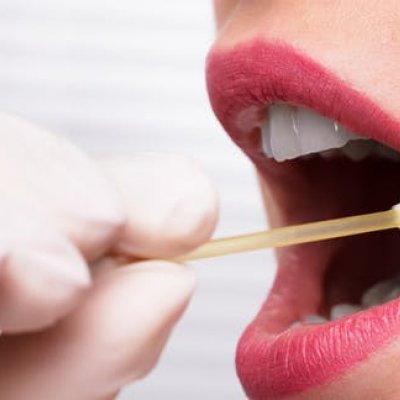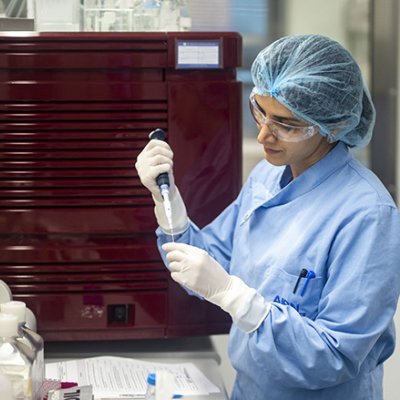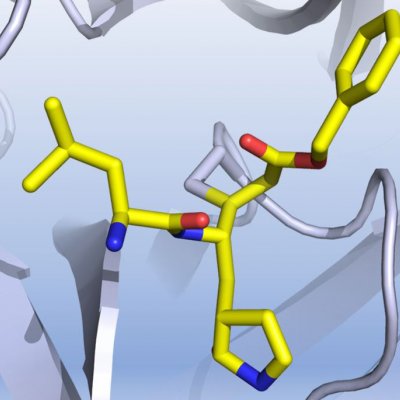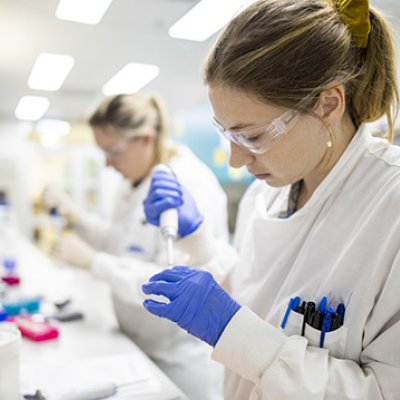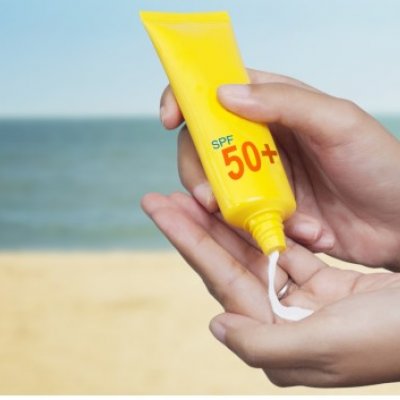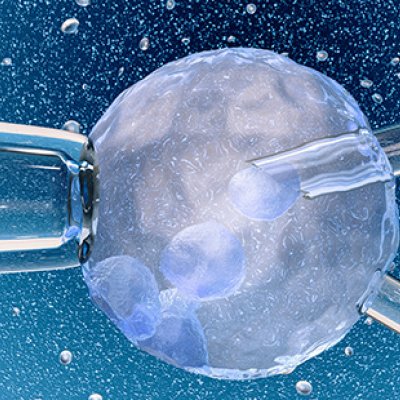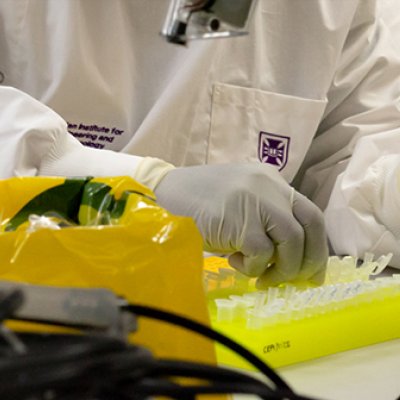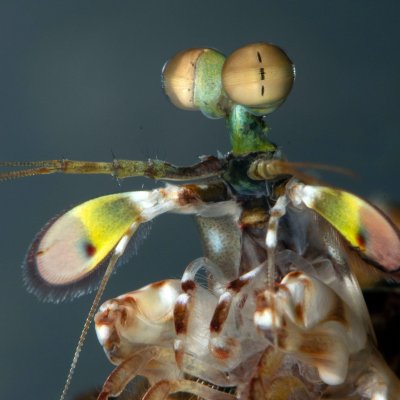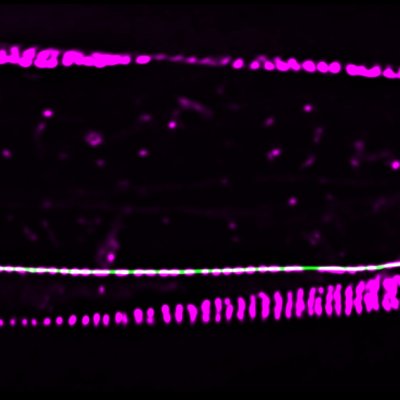An experimental Alzheimer's disease treatment is proving effective at treating some of the most persistent, life-threatening antibiotic-resistant bacteria.
18 November 2020Two international studies have shed important light on why the virus that causes COVID-19 is so infectious compared to other SARS viruses.
21 October 2020Molecules from the venom of one of the world’s largest spiders could help University of Queensland-led researchers tailor pain blockers for people with irritable bowel syndrome (IBS).
21 September 2020The secret of how fibre shapes the structure of plant cell walls has been revealed, with potentially wide-ranging applications ranging from nutrition and health to agriculture.
17 September 2020Global biotech company CSL Limited will supply the Australian Government with 51 million doses of The University of Queensland’s COVID-19 vaccine candidate if it proves successful, under a heads of agreement announced today.
7 September 2020Researchers are hoping volunteers who’ve recovered from COVID-19 in recent months will provide vital clues about the way the virus interacts with diabetes.
27 July 2020Two University of Queensland environmental scientists have been named 2020 Australian Laureate Fellows.
9 July 2020Increasing the levels of a chemical found in all human cells could boost a woman’s fertility and help select the best eggs for IVF, according to University of Queensland research.
8 July 2020Saliva could be humanity’s best friend in fighting the COVID-19 pandemic, University of Queensland researchers have found.
20 May 2020The University of Queensland’s COVID-19 vaccine has passed another important milestone, showing the ability to raise high levels of antibodies that can neutralise the virus in early pre-clinical testing.
29 April 2020An international team of researchers has tested more than 10,000 compounds to identify six drug candidates that may help treat COVID-19.
9 April 2020The University of Queensland’s potential COVID-19 vaccine is entering an important new phase of testing with the live coronavirus to determine how effectively it induces protection against coronavirus infection.
9 April 2020Genetic variations in the skin can create a natural sunscreen, according to University of Queensland researchers investigating the genes linked with vitamin D.
2 April 2020Researchers have lifted fertility rates in older female mice with small doses of a metabolic compound that reverses the ageing process in eggs, offering hope for some women struggling to conceive.
12 February 2020The University of Queensland has been asked to develop a vaccine for the recent coronavirus outbreak at unprecedented speed, using new technology.
24 January 2020Pioneering discoveries about the ‘extraordinarily strange’ visual systems of shrimps - that could improve early detection of cancer - have been recognised with an international prize.
23 January 2020A way in which some connections between brain cells can resist degeneration – a hallmark of traumatic brain injuries and neurodegenerative diseases — has been discovered by researchers at The University of Queensland.
16 January 2020A novel immunotherapy treatment has saved family dog Griffin from a rare type of cancer, thanks to collaborative research at The University of Queensland.
2 January 2020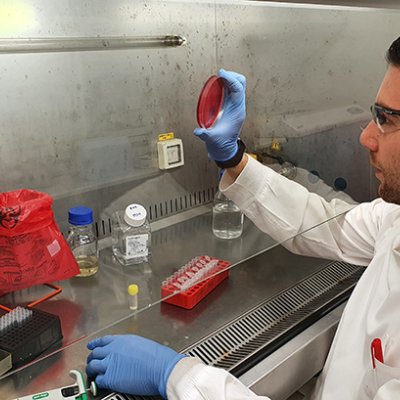
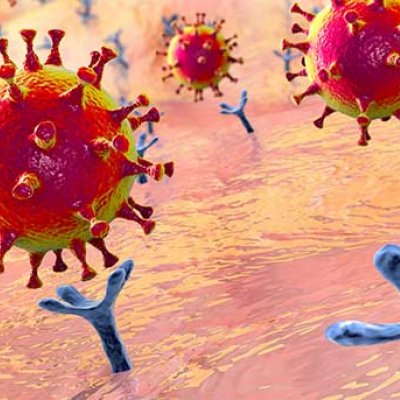
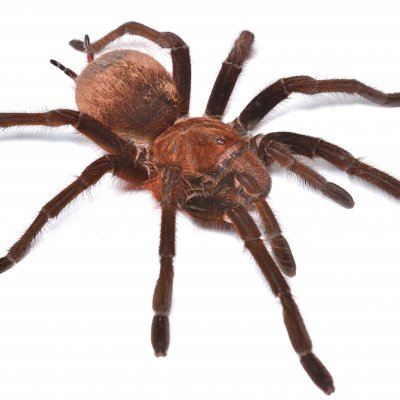
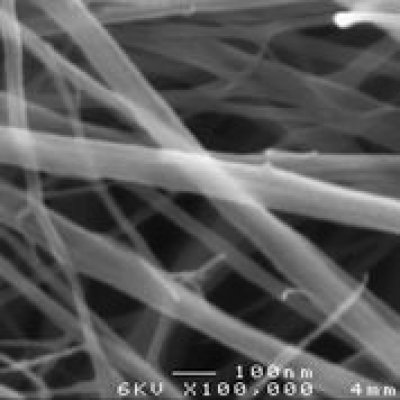
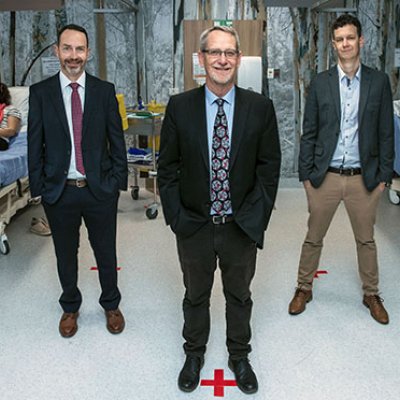
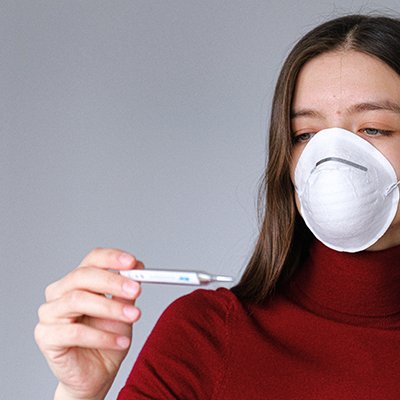
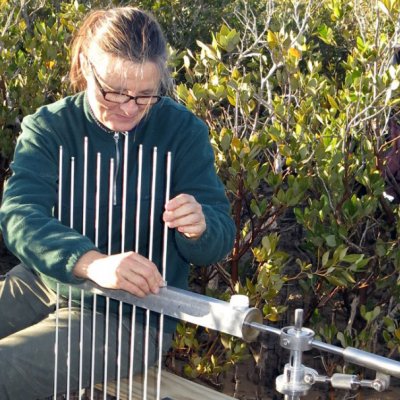
.jpg?itok=kZZXPT2m)
